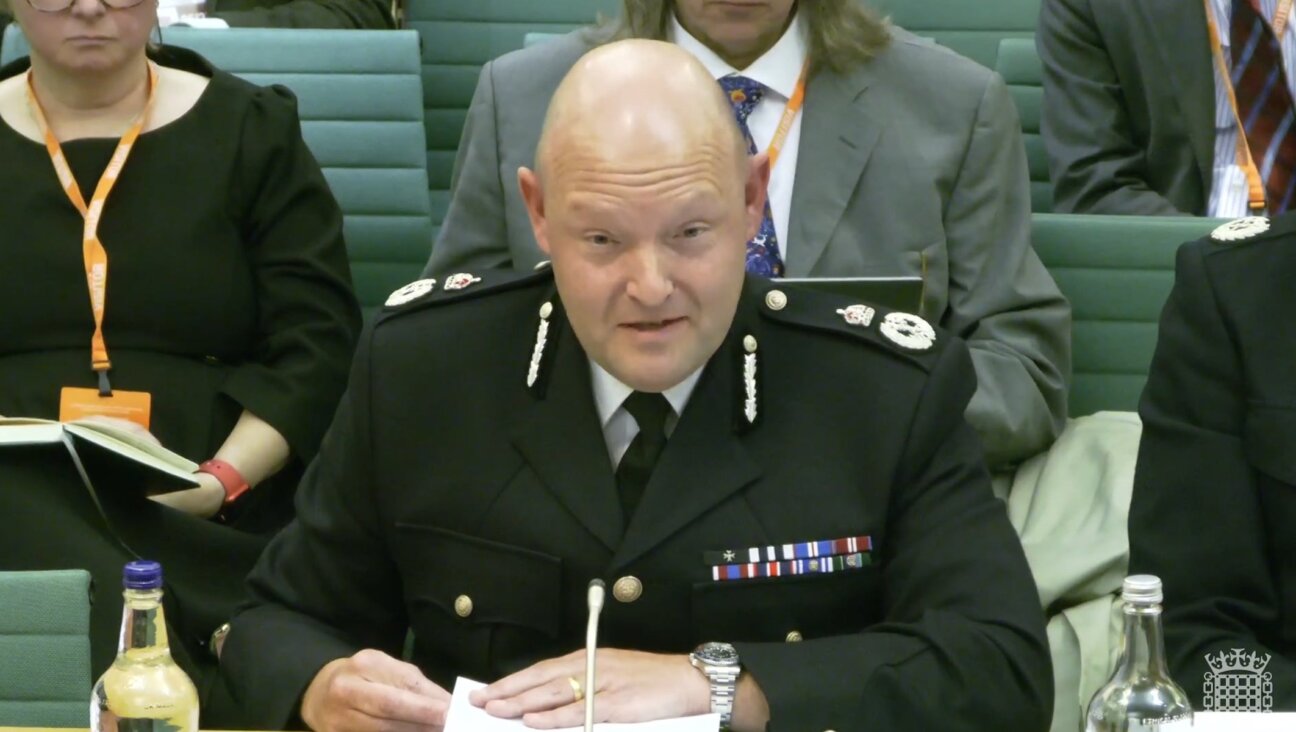Radioactive Poisoning Ruled Out in Death of Yasser Arafat by Russian Forensics Team

Image by getty images
The head of a Russian forensics agency said on Tuesday that samples from the body of Palestinian leader Yasser Arafat had revealed no traces of radioactive polonium, a Russian news agency reported.
However, the government scientific body later denied that it had made any official statement about the research, saying only that it had handed its results to the Russian Foreign Ministry.
If confirmed, the findings would deal a blow to Palestinian suspicions that Arafat was assassinated by Israel – a theory fuelled by a Swiss lab report last year which found unusual amounts of the deadly isotope polonium on his clothes.
A Palestinian medical team took samples from Arafat’s corpse in the West Bank last year and gave them to Swiss, French and Russian forensic teams in an attempt to determine whether he was murdered with the hard-to-trace radioactive poison.
“He could not have been poisoned with polonium. The research conducted by Russian experts found no traces of this substance,” the Russian news agency Interfax quoted Vladimir Uiba, who heads the Federal Medico-Biological Agency (FMBA), as saying.
Uiba said experts from the FMBA had conducted a detailed study of Arafat’s remains.
The agency later sought to distance itself from the comments. “The FMBA of Russia has made no official statement about the results of research on the remains of Yasser Arafat,” the FMBA’s press service said.
It added that it had completed its tests and given the results to the authorities.
The Russian Foreign Ministry declined immediate comment, but state-run news agency RIA cited a source in the ministry as saying it was up to the Palestinian authorities to release any information about the tests.
Arafat died aged 75 of an unexplained ailment he developed while confined to his Ramallah headquarters by Israeli tanks at the height of an armed Palestinian uprising in 2004.
Palestinians saw the veteran guerrilla as a hero of their national cause. Israel regarded him as a terrorist, though it denied responsibility for his death.
A negative result from the samples may not totally preclude a poisoning, as experts warned last year that his partial exhumation might have occurred too late to detect polonium.
The Lausanne-based hospital which first found the isotope on Arafat’s clothing said that eight years would be the limit to detecting it on his remains and questioned whether such a late examination would provide conclusive results.
A spokesman for the hospital said at the time of the exhumation that findings might be reached by early this year.
No explanation has been given for the lengthy delay in presenting the results.














